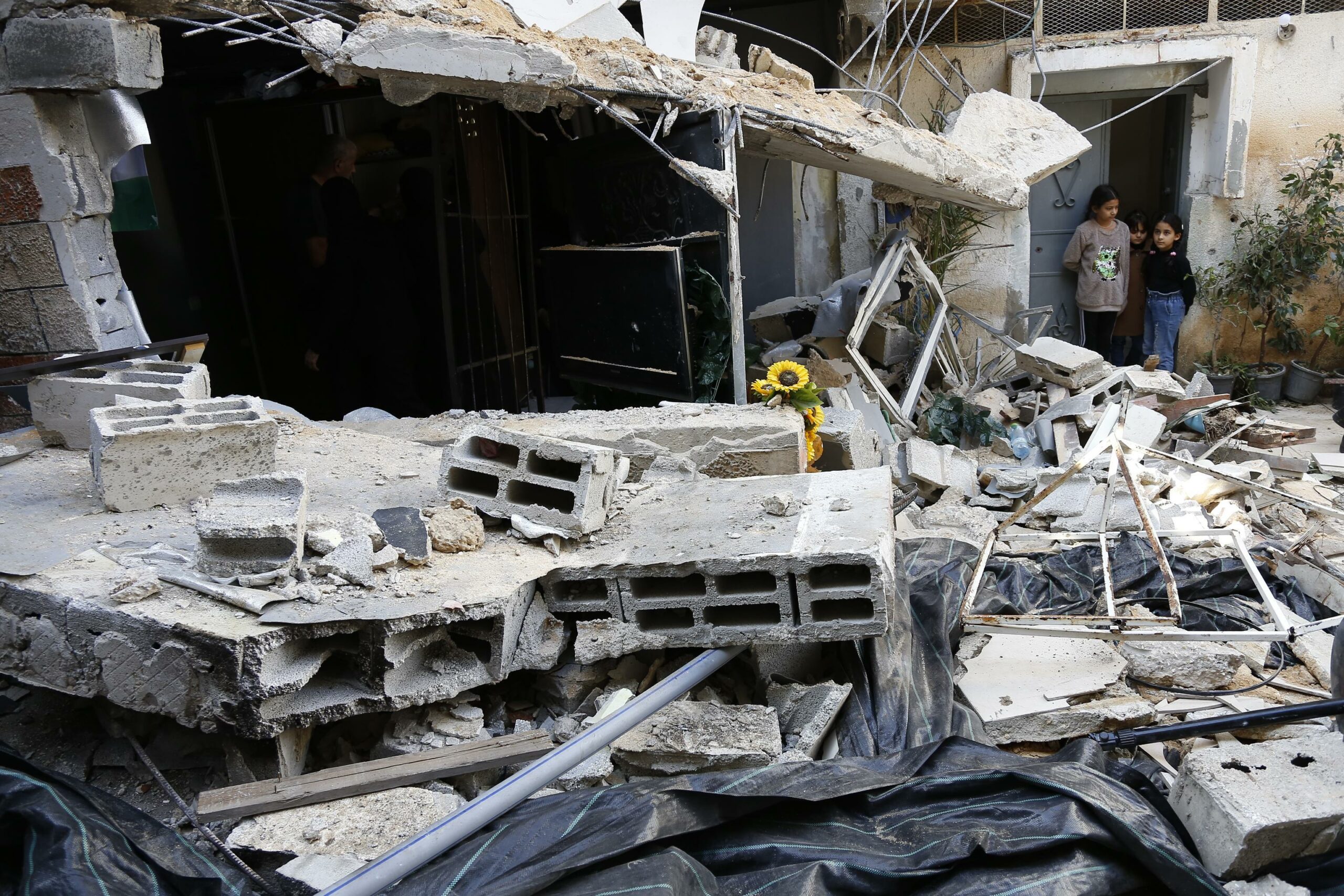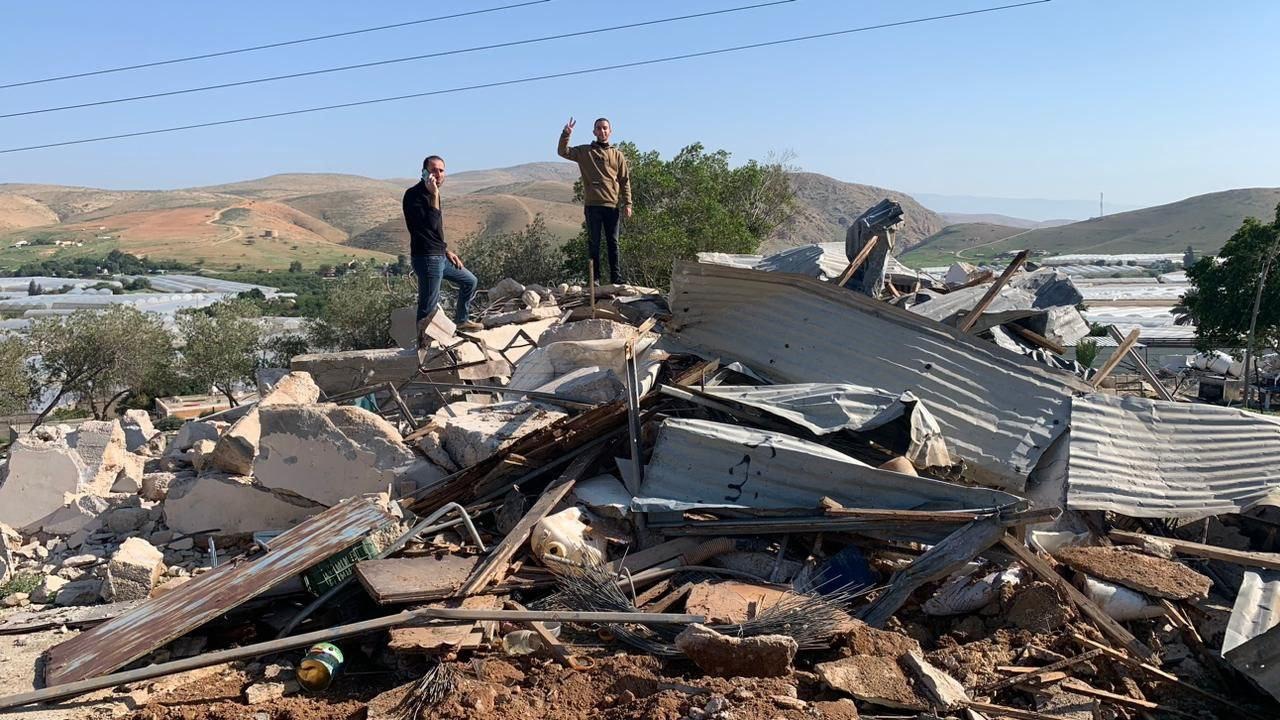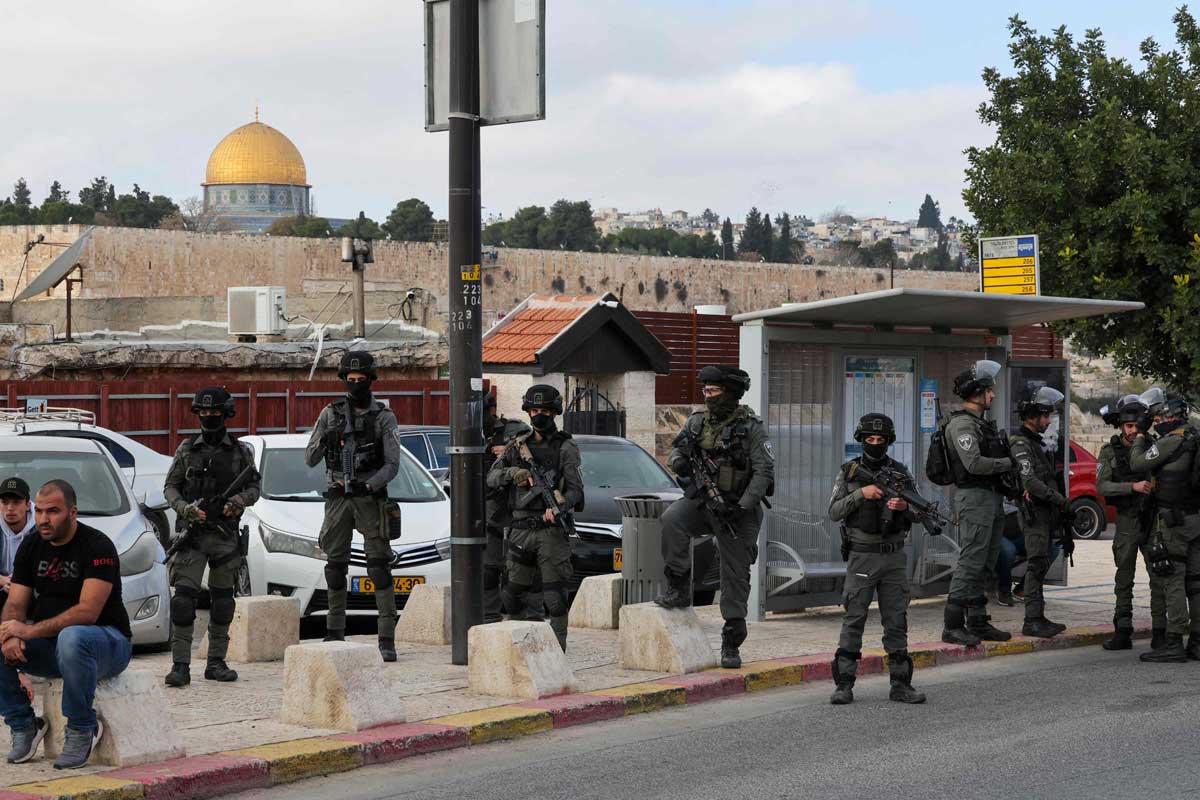Category: Reports
-
Endless war – Nur Shams refugee camp
By Diana Khwaelid 30 December 2023 | International Solidarity Movement | Tulkarm A new Israeli incursion into the Nur Shams refugee camp continues an endless war of destruction after destruction. On the night of Sunday December 30th dozens of military vehicles, including D9 bulldozers, stormed the city of Tulkarm and the Nur Shams refugee camp…
-
Human rights abuses in the Jordan Valley
29 December 2023 | International Solidarity Movement | Jordan Valley The following article is a snapshot of how life is under occupation and brutal settler colonialism for the Palestinian communities in the Jordan Valley. These incidents are just some that took place on one day (Friday 29th December). Israeli Occupation Force (IOF) soldiers, along with…
-
A Dozen Weeks of Restriction: Muslim Worshipers Blocked from Al-Aqsa Mosque
29 December 2023 | International Solidarity Movement | East Jerusalem On Friday, December 29th, streets surrounding the Al Aqsa Mosque compound were filled with the sight of Muslim worshipers prostrate in prayer. Arbitrary access restrictions by occupation forces were amplified through the erecting of barricades to the Old City, allowing only some elders…



